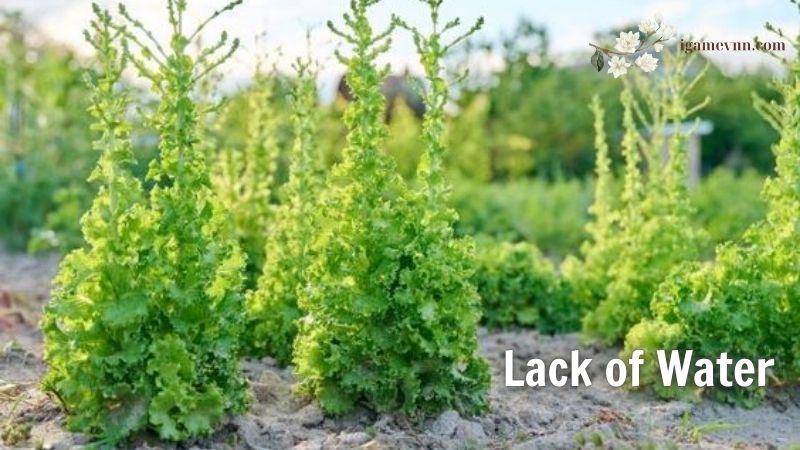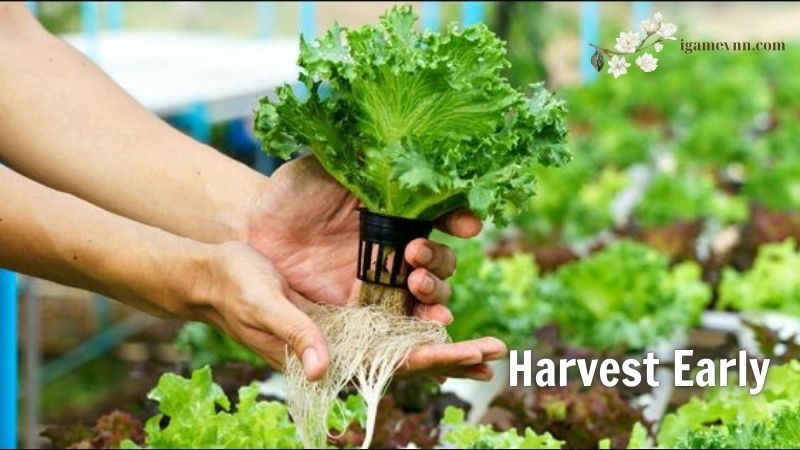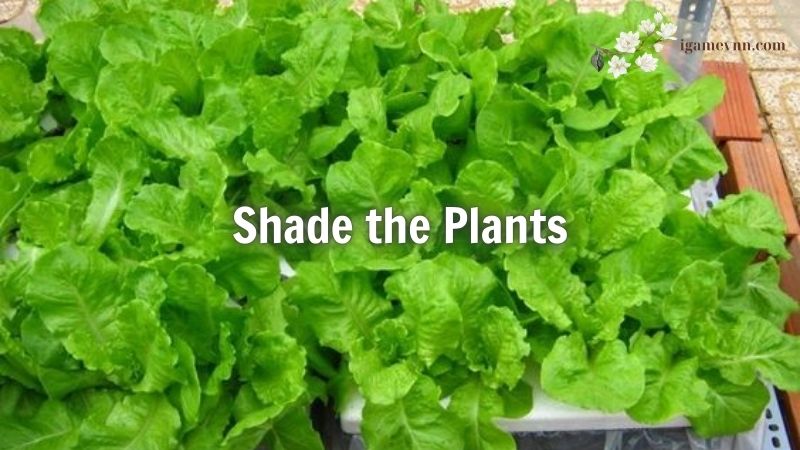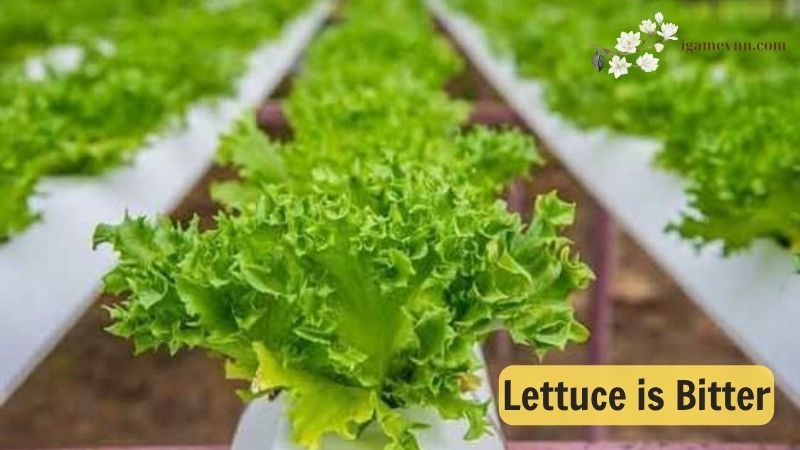Lettuce is a staple in many diets, loved for its crisp texture and mild flavor. However, many home gardeners and salad enthusiasts have encountered the frustrating problem of bitter lettuce. This issue can turn a fresh, healthy meal into an unpleasant experience. At Igamevnn, understanding why lettuce is bitter and how to prevent or mitigate this issue is essential for anyone looking to enjoy this leafy green to its fullest.
Table of Contents
ToggleLettuce is Bitter Causes
Hot Weather
One of the primary reasons lettuce is bitter is due to hot weather. Lettuce is a cool-season crop, thriving in temperatures between 60 and 70 degrees Fahrenheit. When temperatures rise above this range, lettuce plants can bolt, which means they start to flower and produce seeds. This bolting process triggers chemical changes in the plant, leading to a bitter taste. The plant shifts its energy from leaf production to flowering and seed development, causing the leaves to become tougher and more bitter.
Lack of Water
Inconsistent watering or drought stress is another significant factor contributing to bitter lettuce. Lettuce has shallow roots and requires regular, consistent moisture to maintain its tender, mild flavor. When the soil dries out, the plant becomes stressed, which can result in bitterness. Ensuring that lettuce receives adequate water, especially during dry spells, is crucial for preventing this issue.

Maturity
The age of the lettuce also plays a role in its taste. Older, more mature leaves tend to be more bitter than younger ones. As lettuce matures, it naturally becomes tougher and develops a stronger flavor. Harvesting lettuce at the right time, when the leaves are young and tender, can help avoid this problem.
Variety
Some varieties of lettuce are naturally more bitter than others. For example, romaine and leaf lettuces tend to be sweeter, while some types of chicory and endive are known for their bitter flavor. Choosing the right variety for your taste preferences and growing conditions can make a significant difference in the final product.
Soil Conditions
The quality and composition of the soil can also impact the flavor of lettuce. Poor soil quality or imbalances in soil nutrients can affect the plant’s health and taste. Lettuce thrives in well-drained, fertile soil with a neutral pH. Soil that is too acidic or lacking in essential nutrients can contribute to bitterness.
Solutions and Tips for Reducing Bitter Lettuce
Harvest Early
One effective way to avoid lettuce is bitter is to harvest it early in the morning. During the cooler parts of the day, the lettuce is less stressed and more likely to have a milder flavor. Additionally, harvesting before the heat of the day sets in can prevent the leaves from wilting and becoming tougher.

Water Regularly
Consistent watering is essential for maintaining the quality of lettuce. Ensure that the soil remains evenly moist, but not waterlogged. Mulching around the plants can help retain moisture and keep the roots cool. Installing a drip irrigation system can provide a steady supply of water, reducing the risk of drought stress.
Choose the Right Variety
Selecting the right variety of lettuce can make a significant difference in avoiding bitterness. Look for varieties known for their sweet and mild flavor, such as butterhead, leaf, and romaine lettuces. Reading seed descriptions and choosing varieties suited to your climate can help ensure a better-tasting crop.
Shade the Plants
Providing some shade during the hottest part of the day can help keep lettuce plants cooler and reduce the likelihood of bitterness. Using shade cloth or planting lettuce in a location that receives afternoon shade can protect the plants from excessive heat and stress.

Improve Soil Quality
Ensuring that the soil is rich in organic matter and well-drained can enhance the flavor of lettuce. Regularly adding compost or well-rotted manure to the soil can improve its fertility and structure. Conducting a soil test and amending the soil based on the results can help maintain the right pH and nutrient balance.
Additional Tips for Enjoying Lettuce
While growing and harvesting lettuce properly can minimize bitterness, there are also ways to enhance the flavor of lettuce in the kitchen. Blanching the lettuce, or soaking it in cold water for a few minutes before eating, can help reduce bitterness. This process leaches out some of the bitter compounds, making the lettuce more palatable.
Mixing different types of lettuce in salads can also balance out the flavors. Combining sweeter varieties with more bitter ones can create a more complex and enjoyable taste. Additionally, using dressings and other ingredients that complement the bitterness, such as sweet fruits or tangy vinaigrettes, can enhance the overall flavor of the dish.
Conclusion
Lettuce is bitter due to various factors, including hot weather, lack of water, maturity, variety, and soil conditions. Understanding these causes and implementing solutions such as early harvesting, regular watering, choosing the right varieties, providing shade, and improving soil quality can help reduce bitterness and improve the taste of lettuce.
By paying attention to these factors, gardeners can enjoy a more consistent and pleasant crop of lettuce. While bitterness in lettuce can be challenging, it is manageable with the right knowledge and practices. Whether you are growing lettuce in your garden or selecting it at the market, these tips can help ensure that your salads and dishes are as delicious as possible.
Lettuce is bitter, but it doesn’t have to be. With proper care and attention, you can enjoy the fresh, mild flavor of this versatile green throughout the growing season. By understanding the causes of bitterness and taking steps to prevent it, you can ensure that lettuce remains a delightful addition to your meals.

